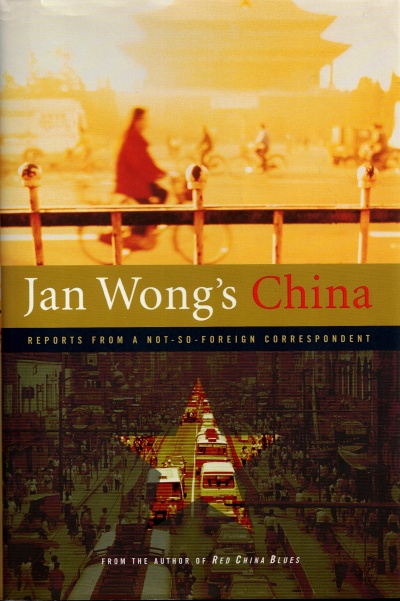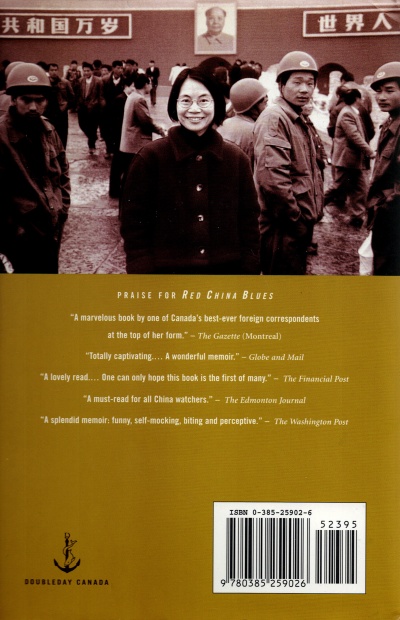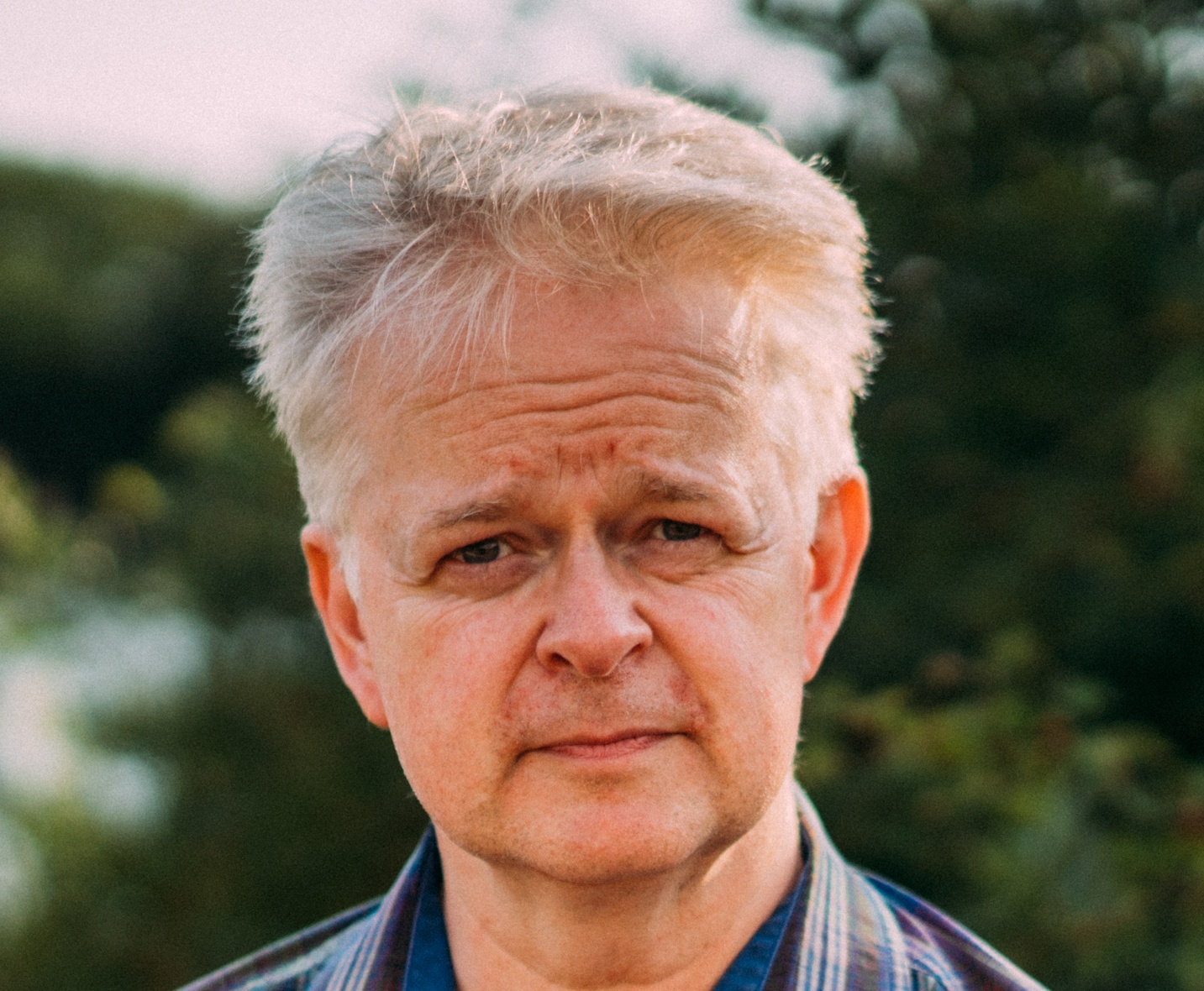
Jan Wong’s China: Reports from a Not-So-Foreign Correspondent
by Jan Wong
Toronto: Doubleday Canada, 1999
*
In the late 1990s there was a palpable interest, even a prediction, that post-Tiananmen Square China would democratize and become a viable trading partner with Canada. What Globe & Mail columnist Jan Wong found didn’t pave the way that clearly. Even in the 1990s young Chinese entrepreneurs were conflating wealth with freedom. A strong tie developed between property and freedom, as real estate increased in value.
What I came away with after the initial chapter ‘Tiananmen’ is that among Chinese newly-sprung from communism, status and materialism were one. New-style communism, Wong reported, held the value that “we just concentrate on making money.” A kind of toxic prosperity had ensued, which can be seen here in Canada as the relentless pursuit of real estate, making the last decade appear like a late-night infomercial from the ‘90s. Flashy cars, gaudy chandeliers, over-the-top flaunting of wealth. Or is it, perhaps, merely perceived wealth?
Recently, central banks have decided to raise interest rates to combat obvious inflation (something I think that should have been done over a decade ago, but that’s another discussion). Much of this over-the-top wealth flaunting has suddenly disappeared after the interest rates went up (to a mere portion of what they were held at in the 1980s and 1990s). BMW X7s have been replaced with thirty-year-old Toyota Corollas with no hub cabs here on the streets of Kerrisdale, the district of Vancouver where I live.
What Jan Wong informed me of was, in poorer parts of China, this new focus on status and materialism which was beginning to gather steam in the 1990s, had reached a fever pitch in China. The motto of poorer residents of China was: “get richer every day.” Even the most pure and selfless were succumbing to the new money culture: and through “economic mistakes,” disappeared. This reminds me of the blistering rise and fall of Evergrande, a Chinese real estate empire destined to fail. Corruption, gambling came from this new money culture, and became widespread in poorer communities in China, such as Waterdown, and spread overseas.
The quick transition from peasant status to capitalist exploiting workers began a new feudalism. Poorly paid migrant workers ran businesses for a wealthy minority. I’ve seen the same here in Kerrisdale. Wealthy few employing Chinese peasants to do their lawns and gardening. It’s like “our own Industrial Revolution compressed in time.” Now we are witnessing its collapse; within a decade. Assuming Kerrisdale was just like China, large security walls soon went up around our neighbourhood, mirroring the “economic militia” within China. Security guards on-call. Manager barricading themselves behind high brick or metal walls.
Deng Xiaoping’s economic reforms worsened life for everyday Chinese in poor regions like Gansu.
Xenophobia remained strong in China post-Tiananmen Square; a fear of outsiders stealing new wealth. Once China gained World Trade Organization status, it opened the country to the ways of the West, a place with which it had a love/hate relationship.

Emulating the West yet despising it is what I’ve seen in Kerrisdale. A rejection of any skeletons in closets. A maintenance of a Chinese fiefdom.
With property developer China Evergrande Group having recently gone into liquidation, this age of superficial prosperity and perceived wealth is coming to an end. Perhaps Jan Wong was calling out to me from my dad’s bookshelf in the late ‘90s, as she was prophetic in her observations, seeing the toxic nature of the prosperity culture and the greed and avarice that went along with it. If only I’d read her book back then. If only Canada had not grabbed on to that high-speed real estate train, and taken in the obvious criminality that came with it. We’re in for a bumpy ride.
So much for reciprocity with China.
I can’t say I’m angry, just fucking disappointed.
